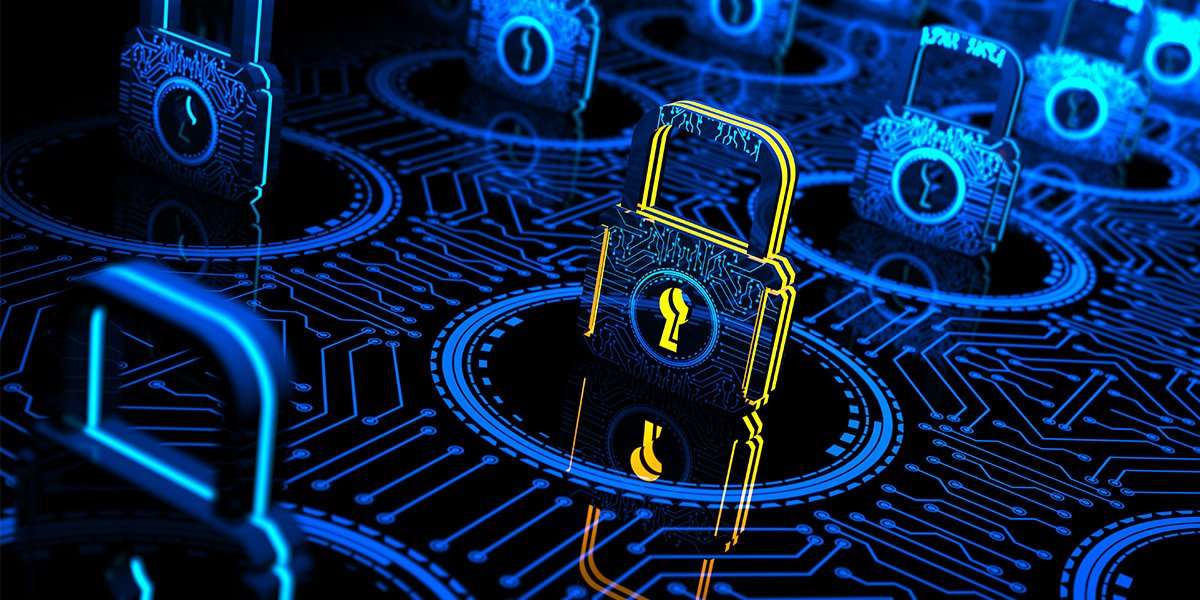
Blog / Basic Cyber Security Tips
It’s funny how long weekends are meant to be relaxing and give us a chance to recharge, and yet it seems no matter how much fun R&R we get, the first day back can seem extra-hard. Maybe you got used to sleeping in, or maybe you had family over for an egg-hunt and it was fun, just not relaxing. Regardless of the reasons, getting back into the swing of things the morning after a long weekend can be difficult. That’s why this week we’re going to take it easy on you. After all, tired eyes freshly returned from four days away don’t want to be bombarded by warnings about Russian ransomware first thing in the morning. So for this week’s cyber security missive, I’m just going to go through a quick review of basic cyber security tips you should be implementing already:
- Updates—Probably the single most important thing you can do to keep your cyber security running top notch is to take updates and security patches as soon as possible. Yes, it is possible that an update can cause problems, so testing them first may be important (especially for industrial facilities), but that doesn’t change the reality that the longer you put off patching your systems, the longer you’re exposed to danger.
- Passphrases—Passwords are rapidly becoming the cyber security tool of yesteryear. Making sure you have a strong password policy in place is important, but passphrases are even better. Unlike a simple password, a passphrase is much longer, but because it’s a phrase, it’s actually pretty easy to remember. Passphrases should still include letters, numbers, special characters, and a mix of upper- and lowercase letters, and particularly useful as you master access to password managers like Lastpass or 1Password.
- TFA/MFA—Two-Factor or Multi-Factor authentication is an incredibly powerful basic cybers security tool that forces users to authenticate with more than just a password. Whether using biometrics (like Face-ID or a thumbprint scanner) or multiple devices like texting an additional code to users’ phones when they login, MFA is great for protecting against unauthorized intrusions.
- Zero Trust Policies—Codifying your business’s acceptable use and cyber security policies is crucial to ensure everyone understands their obligations when it comes to using electronic devices (not to mention covering legal obligations or insurance requirements). However, not all policies are made equal; zero-trust is the way to go when crafting acceptable use policies for you
- Professional Help—There’s nothing wrong with asking for some help if you need it, especially if you’re an SMB who’s mission is literally anything other than providing cyber security. It doesn’t matter if you’re a healthcare facility or a municipal administrator or whatever; only real cyber security professionals can provide you with the expertise needed to run a cyber-secure operation.
And that’s almost it for your basic cyber security tips for this week, although there is one last bit of advice I’d like to offer; if you’ve been having problems with your cyber security, make sure you pay attention to tip 5 and contact one of TRINUS’s cyber security professionals today. It’s almost always cheaper (and easier) in the long run to let the professionals handle your cyber security than to try to run it yourself and wind up suffering a calamitous breach. After all, as the Bard himself opined in Henry V, “All things are ready, if our mind be so.”
Be kind,
Courtesy your friendly neighbourhood cyber-man.

















